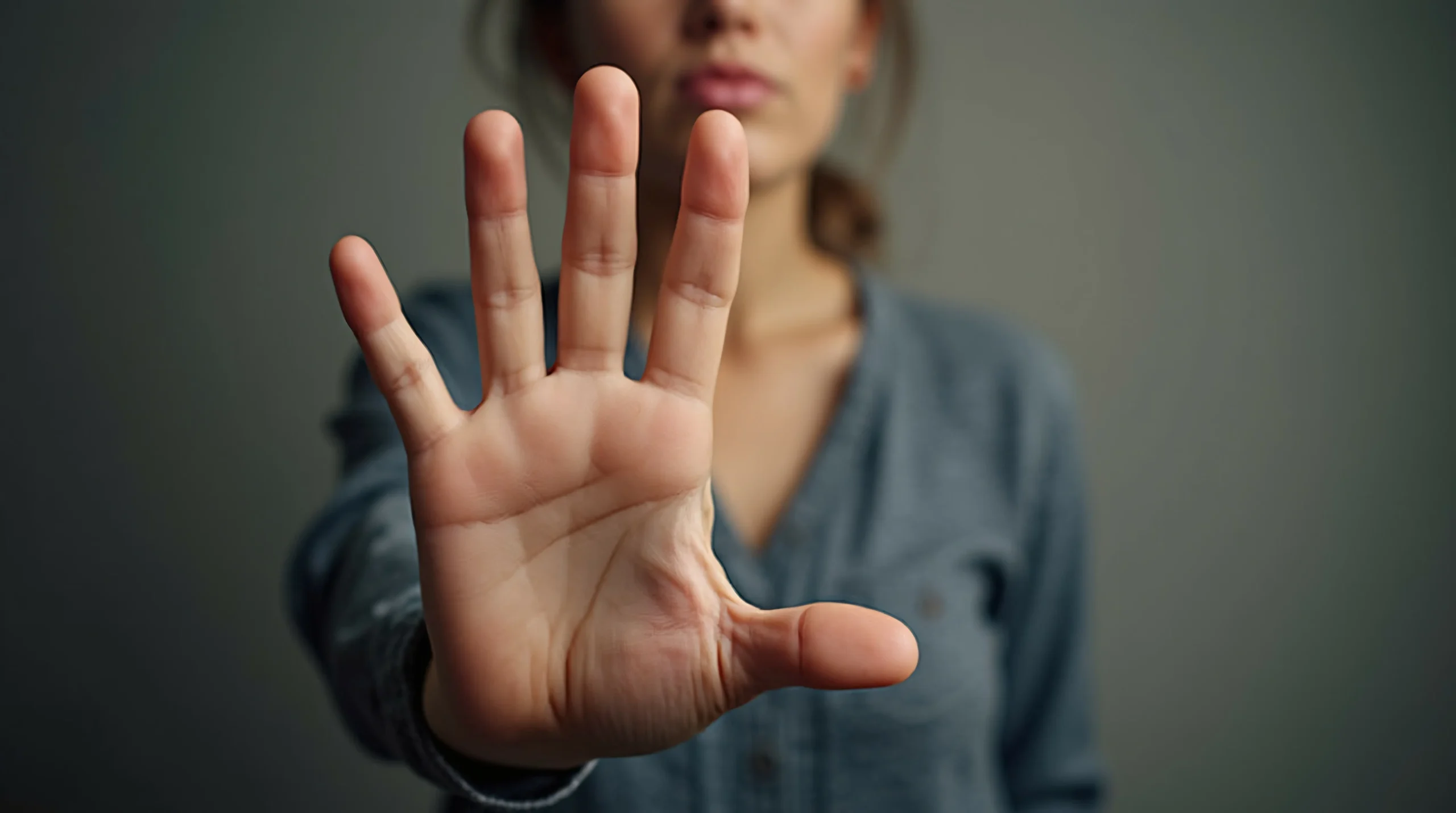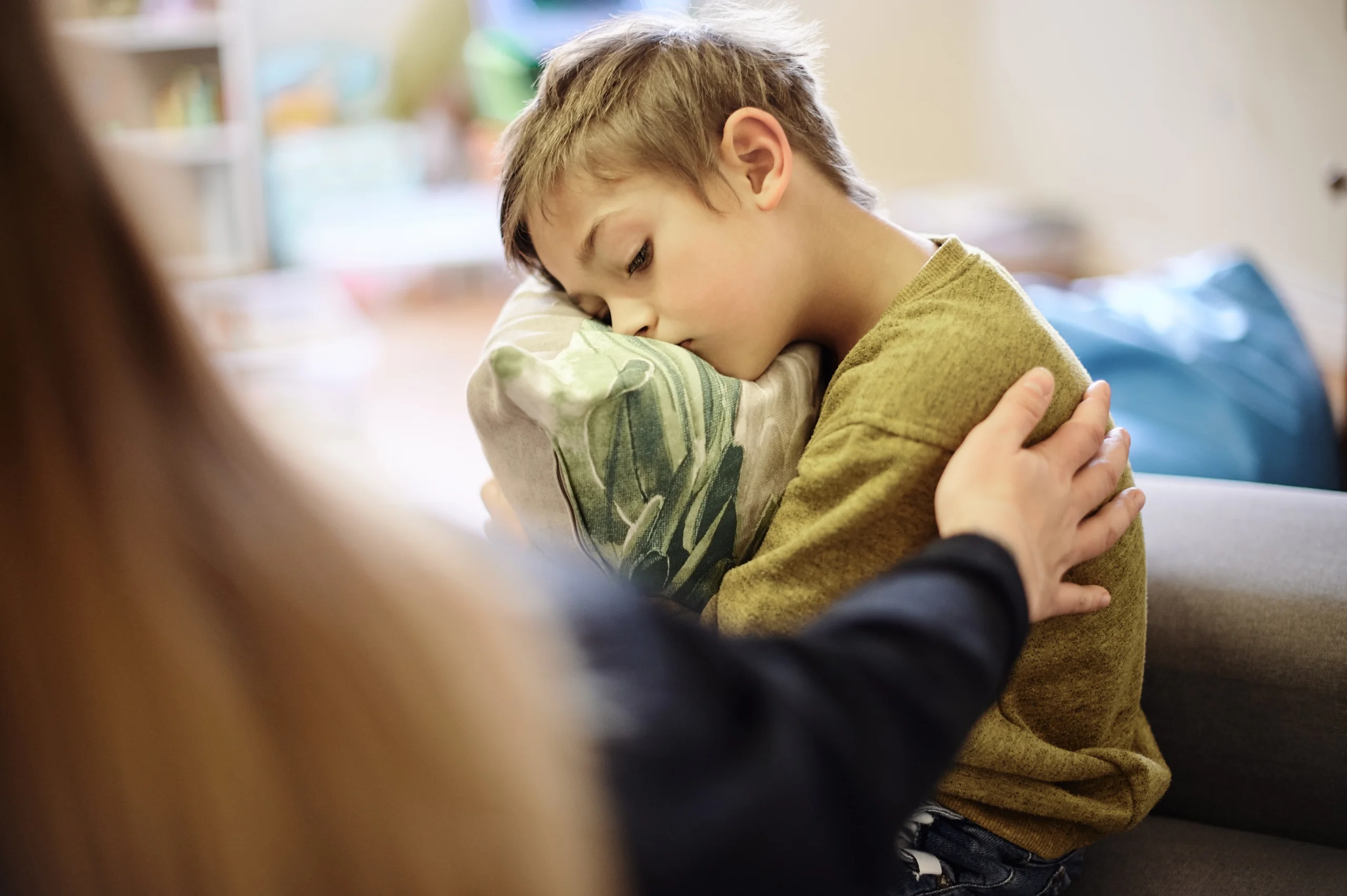Table of Contents
Grief doesn’t always look like tears. Sometimes, it looks like yelling at strangers in traffic. Sometimes it shows up as snapping at loved ones, slamming doors, or storming away in frustration. Sometimes, it doesn’t look like sadness at all — it looks like anger. Loud, irrational, explosive, or quietly burning beneath the skin. When you’re grieving, your heart may ache — but it might also boil.
We don’t talk about this side of grief nearly enough. Society often expects mourners to be quiet, fragile, and weepy. But in reality, grief can be messy, hot, and furious. Anger is one of the most misunderstood emotional responses to loss, and yet it’s incredibly common. You’re not broken if you’re angry. You’re not heartless if you lashed out after losing someone. You’re grieving — and your pain has found its voice in rage.
Why Grief Triggers Anger: A Deeply Human Reaction
Grief shatters the world we thought we understood. It takes away our control, rips apart our plans, and leaves us in the rubble. And in that chaos, anger becomes a way to make noise in the silence, to fight back against the helplessness, to feel something powerful when everything else feels out of reach.
Anger is a survival instinct. It’s part of the fight-or-flight response hardwired into our biology. When the brain senses a threat — even an emotional one — it prepares us to act. After a loss, your brain might interpret the trauma as an attack, triggering defensive emotions like anger to shield you from overwhelming vulnerability.
But here’s the twist: anger during grief isn’t always logical. It’s not always directed at the actual cause of pain. Instead, it often spills onto everyone and everything nearby: family, friends, doctors, God, even the person who died. This isn’t bad behavior — it’s raw heartbreak trying to find meaning in a world that suddenly makes no sense.
Angry at Others: When Support Isn’t Enough
You may find yourself angry at people who are simply trying to help. Friends who say “Let me know if you need anything,” then disappear. Coworkers who offer awkward sympathy. Family members who grieve differently, or not at all. People who move on too quickly — or not quickly enough.
This misdirected anger is common. You might feel furious that your siblings aren’t grieving the way you are. You might resent your partner for not understanding. You might even feel rage when people try to comfort you — because nothing anyone says feels right.
Take Lisa, for example, who lost her mother unexpectedly. “I snapped at my sister for cleaning out Mom’s room too fast,” she says. “It wasn’t about the room. I was mad that she seemed ‘okay’ when I wasn’t. I wanted someone to fall apart with me, and she just wanted to clean.”Grief doesn’t follow a script. And when the people around us don’t match our pain, it can feel like betrayal, even when it’s not. That gap between our internal agony and the outside world can fuel deep frustration — making us feel even more isolated in our mourning.
Angry at Yourself: The Cruelest Blame Game
One of the most brutal aspects of grief is the anger turned inward. Many grieving people find themselves plagued by guilt — for things they said, or didn’t say; for not doing enough; for being alive when someone else isn’t. And that guilt often morphs into self-directed rage.
You might find yourself obsessing over every detail: Why didn’t I call that day? Why didn’t I push harder for a second opinion? Why did I let them leave? These thoughts spiral, trapping you in a storm of blame that you can’t escape. And because there’s no way to go back and change the past, that anger has nowhere to go but inward.
This inner rage can be paralyzing. It can erode your self-esteem, disrupt sleep, strain relationships, and cause deep emotional exhaustion. What begins as grief can spiral into anxiety, depression, or even physical symptoms like tension headaches, stomach pain, or high blood pressure.
But here’s the truth: no amount of anger will rewrite the ending. You did what you could with what you had at the time. That version of you didn’t have the answers you have now. Forgiveness doesn’t mean forgetting — it means recognizing that you were doing your best, even if grief tells you otherwise.
Angry at the Person You Lost: A Taboo Emotion
This is the kind of anger people almost never admit to. But it’s real. You might be angry at the person who left — even if they didn’t choose to. You might feel abandoned. Cheated. Furious that they didn’t take better care of themselves. Upset that they left you to handle the fallout, the mess, the pain.
“I hated my dad for dying,” says Brian, who lost his father to a heart attack at 57. “I know it wasn’t his fault, but for months I was so mad. He didn’t eat right. He ignored his doctor. I kept thinking: You were supposed to be here for my wedding. For my kids. And then I’d feel ashamed for feeling that way.”
This kind of grief-anger combo is laced with guilt. We know it’s “irrational,” and yet we feel it anyway. That’s because anger is never just one thing — it’s a cocktail of loss, fear, disappointment, and confusion. You can love someone deeply and still feel angry at them. That’s not disrespect — that’s grief in its most honest form.
Letting the Anger Out: Safe Expression Matters
Anger needs release — not suppression. Bottling it up can cause emotional buildup that eventually explodes in unhealthy ways. But expressing grief-fueled rage doesn’t mean yelling at people or punching walls. It means finding outlets that let you process emotion without hurting yourself or others.
Try movement: running, dancing, kickboxing, even screaming into a pillow. Try words: write an unfiltered letter to the person you lost, or to the people who let you down. Try creativity: paint your rage, break plates in a safe space, scream-sing in the car. Anger wants a voice — not to destroy, but to be heard.
Therapy can also be life-changing. A grief counselor or support group can help you untangle the mess of emotions, find patterns, and release shame around your anger. Talking about your rage doesn’t make you bitter — it makes you brave.
You’re Not a Bad Person for Being Angry
Let’s be clear: feeling anger after loss doesn’t make you a monster. It makes you human. Anger is just pain with armor. It’s grief with its fists up. It’s heartbreak that doesn’t know how to cry, so it yells instead.
We need to normalize this part of mourning. We need to stop shaming people who rage in the wake of loss. Because behind every outburst, every slammed door, every heated word, there’s a person trying to survive something unimaginable.If you’re angry, let it be okay. Don’t fight it. Feel it. Then ask it what it needs. Because underneath that rage, there is always sorrow — and beneath that, love. You grieve because you loved. And love never ends quietly.
You’re Allowed to Be Angry — And You’re Allowed to Heal
Anger in grief isn’t a sign that you’re doing it wrong. It’s a sign that the loss matters. That it left a mark. That you’re still here, still feeling, still human. But you don’t have to carry that fire alone.
You can rage and still heal. You can scream and still be kind. You can be angry at them, at yourself, at the universe — and still find your way back to peace. Healing doesn’t mean silencing your emotions. It means making space for all of them — even the ugly, loud, messy ones.
So if today you’re mad at the world, mad at them, mad at yourself — know this: you’re not broken. You’re grieving. And in time, that anger will soften. The fire will dim. The hurt will reshape.
You don’t have to fix it all today. You just have to feel it. Let the anger speak — and then let it go.
Grief is wild. Grief is human. And so is the rage that comes with it. You’re not alone. You’re not wrong. You’re just grieving in your own real, raw, and rightful way.










